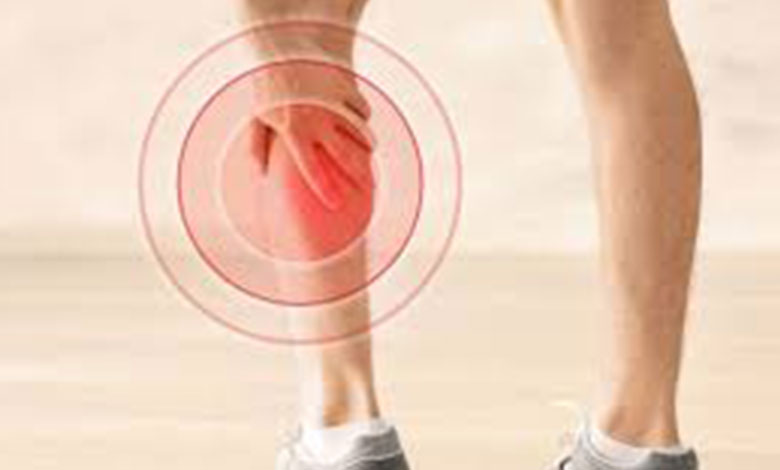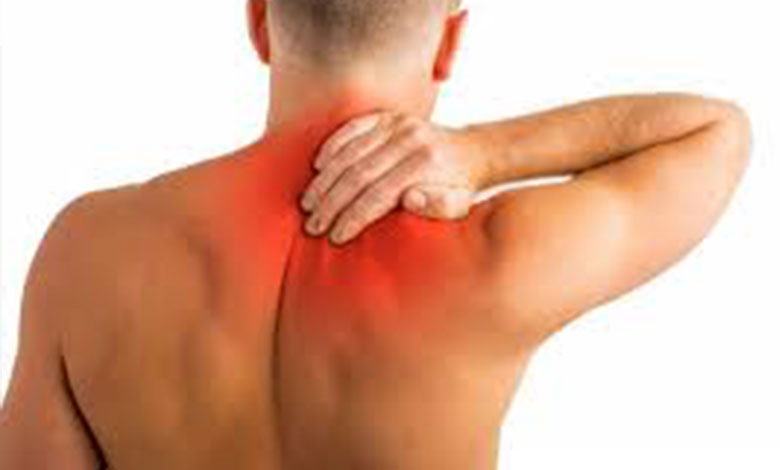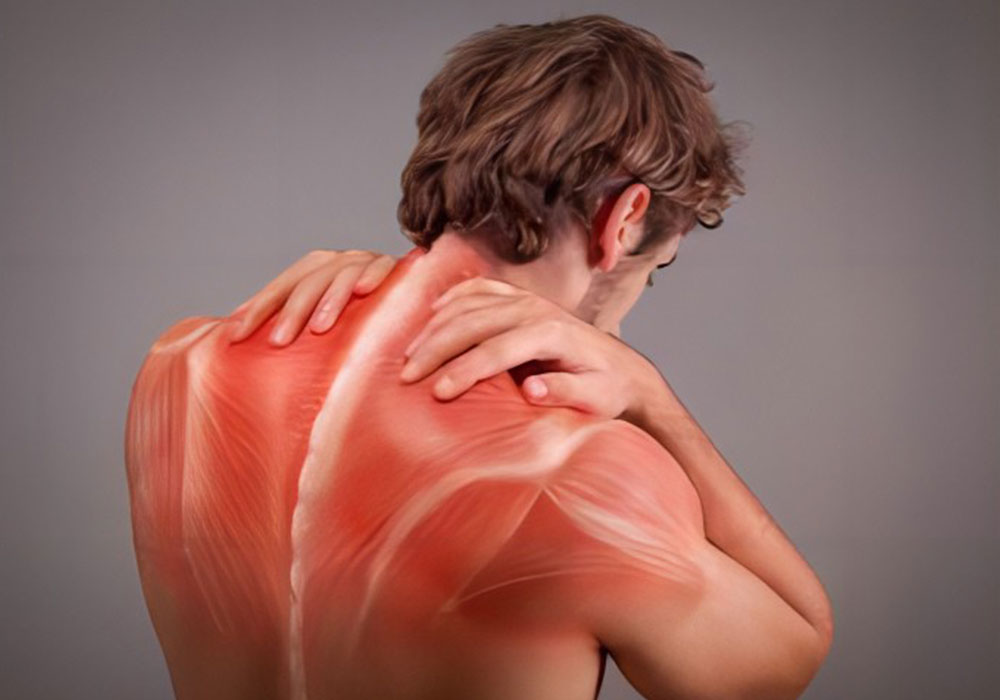Muscle pain can be divided into different types, depending on the cause of the pain and the manifestation of symptoms.
Here are some common types of muscle pain:
Fatigue muscle pain:
Description: Usually caused by overuse of muscles or unfamiliar activities.
Symptoms: Feeling heavy, sore, and fatigued, which may worsen with activity.
Treatment: Rest, proper massage, and
heat patches or cold pads can help with relief.


Muscle strains:
Description: Muscle fibers are damaged due to hyperextension or twisting of muscles.
Symptoms: Severe pain, swelling, may be accompanied by bruising or muscle relaxation.
Treatment: Cold compresses, local massage, rest, and may require medical intervention in severe cases.


Spasmodic muscle pain:
Description: Sudden and persistent contraction of muscles, causing pain and discomfort.
Symptoms: Severe pain, muscle tension, possibly with muscle tremors.
Treatment: Rest, gentle stretching, massage, hydration and electrolytes.


Chronic muscle pain syndromes (e.g., fibromyalgia):
Description: Chronic pain and muscle discomfort that may be accompanied by fatigue, insomnia, and mood problems.
Symptoms: Pain, increased sensitivity, fatigue all over the body or in specific areas.
Approach: Integrative treatment including medications, physical therapy, psychological support, and lifestyle modification.
Exercise-induced muscle pain (e.g., muscle soreness after exercise):
Description: Usually occurs within a few hours or a day or two after exercise and is a normal physiological response.
Symptoms: Soreness, stiffness, usually relieved during rest and recovery.
Treatment: Light activity, appropriate rest, adequate hydration and nutrition.
For different types of muscle pain, it is important to understand its possible causes and characteristics so that appropriate treatment and management measures can be taken. When facing persistent or severe muscle pain, it is best to consult a medical professional for professional advice and treatment options.


